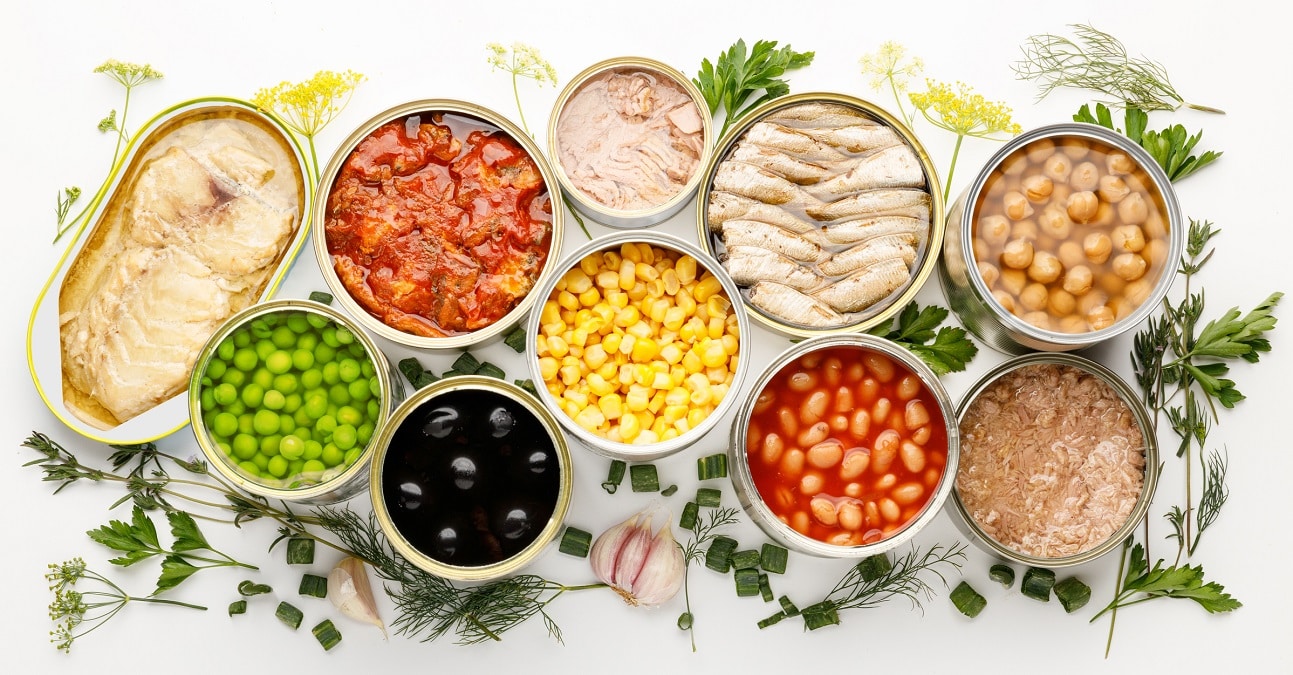Take charge of your health: Dr. Ann asks, are canned goods healthy?

Not all canned goods maintain their nutritional value and are part of a healthy diet. (Getty Images)
Canned foods are in every American home, but are they all good for us?
Although canned goods offer convenience and value, with a few notable exceptions, they are nutritionally inferior to their “fresh” or “frozen” counterparts.
Because of the high temperatures used in the canning process, heat-sensitive nutrients like vitamins C and B can be significantly diminished. Additionally, most canned vegetables contain excessive amounts of sodium, while most canned fruits come with extra sugar.
Lastly, canned goods can boost exposure to BPA or bisphenol A – a chemical used to make various plastics, including those that line most canned goods. There are growing health concerns regarding BPA exposure, especially for women who are pregnant and young children.
That said, there are some canned goods that retain outstanding nutritional value and have lots to offer.
They include:
- Any form of tomato product.
- Any form of beans, peas or lentils.
- 100% pumpkin.
- 100% sweet potato puree.
- Olives.
- Capers.
- Water chestnuts.
- Artichoke hearts.
- Roasted red peppers.
- Pimentos.
- Blueberries without added sugar.
- Canned seafood products, such as salmon, tuna and sardines.
I consider most all these canned foods superstar foods. Remember to look for and choose reduced sodium varieties when available.





